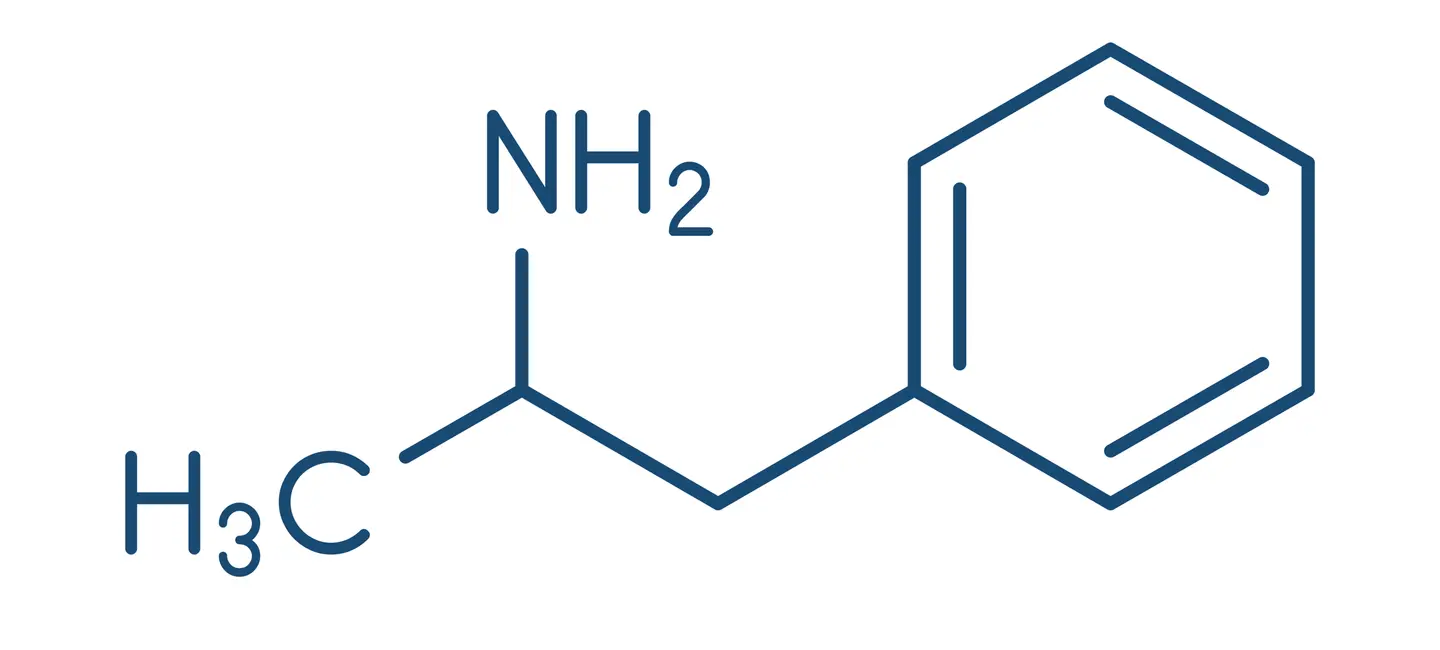
Beta-methylphenethylamine (BMPEA) is a stimulant chemical that is made in the lab. It's similar to amphetamine and may be illegally included in some supplements.
BMPEA might increase blood pressure, heart rate, and also stimulate the brain. Because of this, it's often added to products for weight loss and athletic performance.
People use BMPEA for obesity, athletic performance, memory, and other purposes, but there is no good scientific evidence to support these uses.
According to the US FDA, BMPEA does not meet the definition of a dietary supplement. But it is still found in some supplement products. Many of these supplements list Acacia rigidula on the product label. But many of these products do not contain Acacia rigidula, and if they do, BMPEA that was made in a lab has been added as well. BMPEA is also banned by the World Anti-Doping Agency (WADA) for use during competitive sports.
Is It Effective?
There is interest in using BMPEA for a number of purposes, but there isn't enough reliable information to say whether it might be helpful.
Is it Safe?
When taken by mouth: BMPEA is possibly unsafe. It has stimulant effects that might cause serious heart-related side effects, such as stroke and heart attack.
Special Precautions & Warnings:
Pregnancy and breast-feeding: BMPEA is possibly unsafe to take by mouth. It has stimulant effects that might cause serious side effects, such as stroke and heart attack.
High blood pressure: BMPEA has stimulant effects. It can increase blood pressure. Taking BMPEA might make high blood pressure worse.
Surgery: BMPEA has stimulant effects. It can increase blood pressure and heart rate. Taking BMPEA might interfere with surgery by increasing blood pressure and heart rate. Stop taking BMPEA at least 2 weeks before surgery.
Medications changed by the liver (Cytochrome P450 2D6 (CYP2D6) substrates)
Interaction Rating=Moderate Be cautious with this combination.
Some medications are changed and broken down by the liver. BMPEA might change how quickly the liver breaks down these medications. This could change the effects and side effects of these medications.
Medications changed by the liver (Cytochrome P450 3A4 (CYP3A4) substrates)
Interaction Rating=Moderate Be cautious with this combination.
Some medications are changed and broken down by the liver. BMPEA might change how quickly the liver breaks down these medications. This could change the effects and side effects of these medications.
Stimulant Drugs
Interaction Rating=Moderate Be cautious with this combination.
Stimulants, such as amphetamines and cocaine, speed up the nervous system. By speeding up the nervous system, stimulant medications can increase blood pressure and speed up the heartbeat. BMPEA also has stimulant effects. Taking BMPEA along with stimulant drugs might cause serious problems including increased heart rate and high blood pressure.
Herbs and supplements with stimulant properties: BMPEA might have stimulant effects. Taking it with other supplements with similar effects might increase the chance of side effects, including rapid heartbeat and high blood pressure. Examples of supplements with this effect include 1,3-DMAA, bitter orange, caffeine-containing products, DMHA, and ephedra.
There are no known interactions with foods.
BMPEA has stimulant effects similar to amphetamine. Dietary supplements that contain BMPEA usually list Acacia rigidula on the product label. But many of these products do not contain Acacia rigidula, and if they do, BMPEA that was made in a lab has been added as well. Avoid products with BMPEA or Acacia rigidula on the label.
Dietary supplements that contain BMPEA are considered misbranded by the US FDA. BMPEA is also banned by the World Anti-Doping Agency (WADA) for use during competitive sports.
1-Amino-2-Phenylpropane, 1-Phenyl-1-Methyl-2-Aminoethane, 2-Aminoisopropylbenzene, 2-Phenyl-1-Propanamin, 2-Phenyl-1-Propanamine, 2-Phenylpropan-1-amine, 2-Phenylpropylamine, Alpha-Benzylethylamine, ß-Me-PEA, ß-Methylphenethylamine, Beta-Me-PEA, Beta-Methylbenzeneethanamine, Beta-Methylphenylethylamine, Beta-Methylphenylethylamine HCl, Beta-Methylphenyl-Ethylamine, BMPEA, Beta-Phenylpropylamine, R-Beta-Methylphenethylamine, R-Beta-Methylphenethylamine HCl.
Information on this website is for informational use only and is not intended to replace professional medical advice, diagnosis, or treatment. While evidence-based, it is not guaranteed to be error-free and is not intended to meet any particular user’s needs or requirements or to cover all possible uses, safety concerns, interactions, outcomes, or adverse effects. Always check with your doctor or other medical professional before making healthcare decisions (including taking any medication) and do not delay or disregard seeking medical advice or treatment based on any information displayed on this website.
© TRC Healthcare 2024. All rights reserved. Use and/or distribution is permitted only pursuant to a valid license or other permission from TRC Healthcare.
